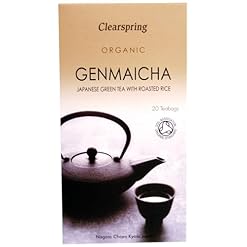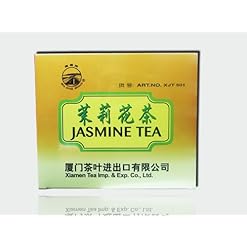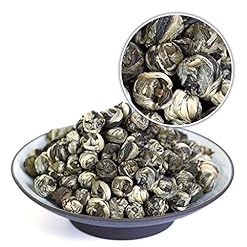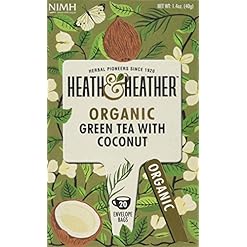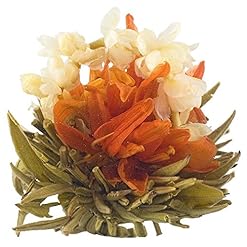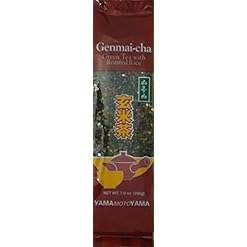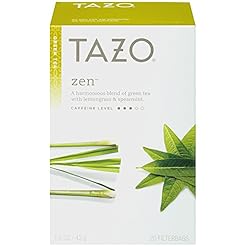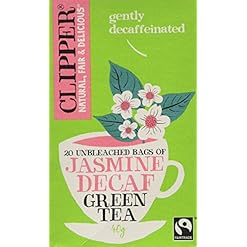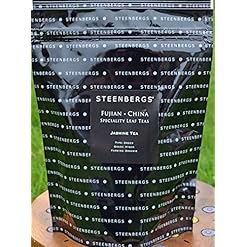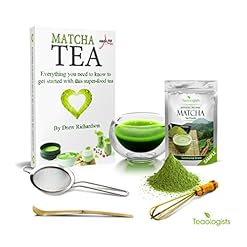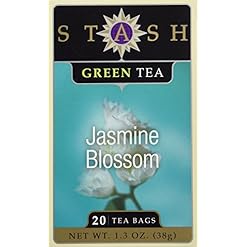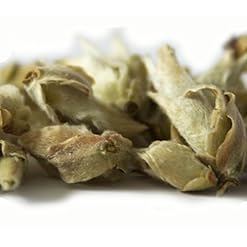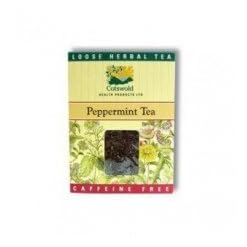Our selection of Green Teas includes a variety of flavours, each with their own unique benefits. Whether you’re looking for a refreshing and energizing start to your day, or a calming and relaxing end to your evening, our range of Green Teas has got you covered.
Green Tea is not just a delicious beverage, it also offers a range of health benefits, including boosting metabolism, aiding digestion, and improving overall immune system function. With regular consumption, Green Tea can help reduce the risk of chronic diseases such as cancer, diabetes and heart disease.
Green Tea - The Secret to a Healthier You
Green tea is not just a beverage, it's a lifestyle. With its numerous health benefits and refreshing taste, green tea has become a popular choice for those seeking a healthier lifestyle.
Our selection of green tea is carefully sourced from the finest tea plantations around the world, ensuring that you get the freshest and most delicious brew every time.
Packed with antioxidants and nutrients, green tea helps boost your immune system and supports healthy aging. Its natural caffeine content provides a gentle energy boost, without the jitters or crashes that come with other caffeinated drinks.
Green tea also helps improve brain function, promoting mental clarity and focus. Plus, it supports healthy digestion and aids in weight management.
So why settle for ordinary tea when you can enjoy the numerous benefits of green tea? Whether you're looking to improve your health, boost your energy, or just enjoy a delicious cup of tea, our selection of green tea has got you covered.
Shop now and experience the difference that green tea can make in your life.
- What is green tea? Green tea is a type of tea made from the leaves of the Camellia sinensis plant that have undergone minimal oxidation during processing. It's known for its light, refreshing taste and greenish-yellow colour.
- How is green tea made? Green tea is made by withering the leaves of the tea plant, then heating them to stop the oxidation process. This can be done by steaming or pan-firing the leaves. Finally, the leaves are dried and sorted.
- Where is green tea grown? Green tea is grown in many parts of the world, including China, Japan, India, and Sri Lanka. Each region produces tea with its own unique flavour profile and characteristics.
- What are the health benefits of green tea? Green tea is rich in antioxidants called catechins, which have been linked to various health benefits. Some studies have suggested that green tea may help reduce the risk of heart disease, lower cholesterol levels, and improve brain function. It may also have anti-inflammatory and anticancer properties.
- How much caffeine is in green tea? Green tea contains about 20-45 mg of caffeine per 8-ounce cup, depending on the type of tea and how it's brewed. This is less than black tea but more than white tea.
- How should green tea be brewed? Green tea should be brewed with water that is heated to around 70-80°C and steeped for 1-3 minutes, depending on the type of tea and personal preference. Using water that is too hot or steeping for too long can result in a bitter taste.
- Can green tea be flavoured or blended with other ingredients? Yes, green tea can be flavoured or blended with other ingredients, such as fruits, flowers, or herbs, to create unique flavour profiles. However, it's important to choose high-quality ingredients that complement the delicate flavour of the green tea.
- How should green tea be stored? Green tea should be stored in an airtight container away from light, moisture, and strong odours. It's best to keep it in a cool, dry place, such as a pantry or cupboard.
- What are some popular types of green tea? Some popular types of green tea include Sencha, Gyokuro, Matcha, and Jasmine. Each type has its own unique flavour profile and characteristics.
- How does green tea differ from other types of tea? Green tea is processed differently from black, white, and Oolong teas, which undergo varying levels of oxidation during processing. This minimal processing gives green tea its distinctive flavour and colour, and also preserves more of the tea's natural antioxidants.

